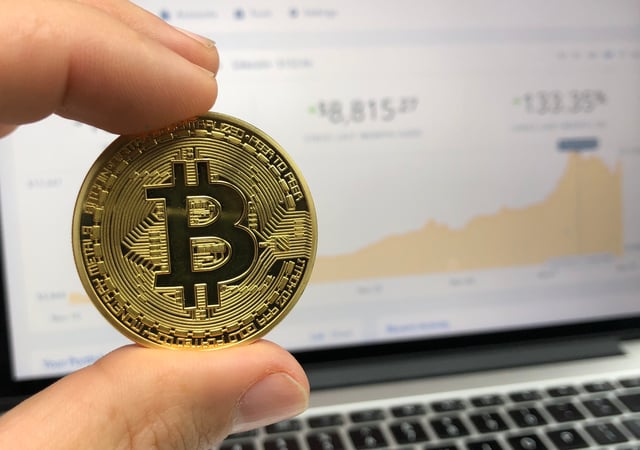
The internet is always evolving, and BlockChain is a great example that our ways of thinking about the internet are changing.
At Katipult, we believe that the main benefit BlockChain brings to the digital ecosystem is the idea of ‘computational trust’. This is a brand new concept to the human brain, and it’s going to take us quite a long time before we truly understand all the implications behind this idea.
In this article, we’ll do our best to explain what computational trust means, and how BlockChain makes it possible.
What is BlockChain?
Before we delve into computational trust, let’s take a quick moment to discuss BlockChain as a concept. You’ll need to understand the basics of how BlockChain works in order to understand why it makes computational trust possible.
BlockChain technology has recently become a hot topic, as it’s what allows cryptocurrencies like BitCoin to exist. A BlockChain is essentially a unique algorithm, created in a decentralized process. That means that, rather than existing on a single computer or as a single file, it exists simultaneously across a network of computers known as “nodes.”
When a change is made or a transaction is requested, the nodes fire off their unique sequence of algorithms to verify the request is legitimate, and in the process create another digital “block” added to the “chain” of past information.
For a simplified analogy, think of Google Docs. Multiple users can share a doc and make edits at the same time, because the document is decentralized (it exists in multiple places at the same time). This is what sets Google Docs apart from traditional files like Word or Excel, where multiple users would have to take turns working off of one central file that would be shared around via email.
Now, also imagine that everyone also has Track Changes enabled, so there’s a clear record of each and every change being made to the doc. BlockChain achieves the same thing by adding its blocks of data every time a transaction is made - except that the way all of this happens is permanent and unchangeable!
BlockChain’s unique nature is what allows us to embrace computational trust.
What is Computational Trust?
Up until now, we’ve only had the notion of relationship-based trust. This kind of trust is built up over time and relies on faith. You get to know a person, or a product, or a brand, and you learn to trust them based on the behaviors they demonstrate over time. The longer you’re able to trust them, the more likely you are to trust them going forward.
With computational trust, there’s no need to develop trust over time. If the BlockChain token says something is the case, then it must be so.
This is because of the signature algorithms that are used to create a BlockChain token, which are constructed in such a way that the whole thing becomes invalid if a single element is changed. Once a BlockChain token is created, it is an unalterable truth.
For comparison, take a bank balance published on a ledger in a traditional database. The database records can be changed and the audit tables can be rewritten and these changes could be almost impossible to detect.
But with BlockChain, changing a past record would cause the whole thing to become invalid, and it would become immediately obvious that something had been tampered with.
This provides a high level of security and trust for BlockChain users, because you know that the BlockChain data is verified to be accurate and it cannot be altered. Even if you’ve never dealt with a company before, you’ll be able to rely on the computational trust provided by BlockChain to know that you’re getting the truth.
How Katipult uses BlockChain
Obviously, BlockChain is a revolutionary development in the areas of cybersecurity and online verifications. The meteoric rise of BitCoin in recent months is an indicator that more and more people are recognizing the validity of this new technology and embracing it. We see the potential for using BlockChain as a tool in managing secondary markets, where it will greatly streamline the interactions between buyers due to computational trust.
Essentially, we look to replace hours upon hours of relationship-based trust with near-instantaneous BlockChain transactions - all thanks to the incredible innovation of computational trust.